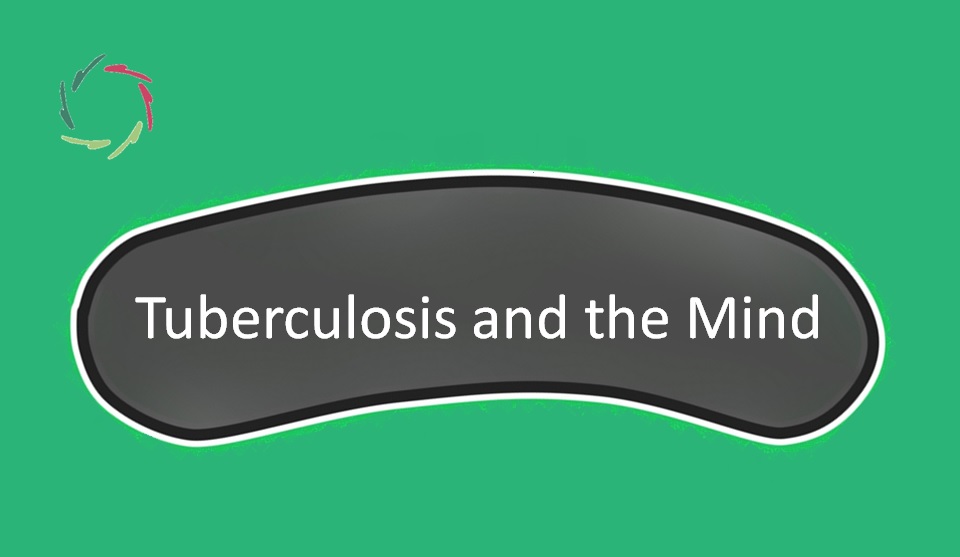Your Compassion as Cure

Compassion – whether oriented towards yourself or others – is good for you in every way, including health. Moreover, it may be the only thing that really makes you happy.
About Compassion
To make sure we’re talking about the same thing, please read [see: “Compassion, basically”]. You might follow some links from there to get an optimal idea about ‘Compassion.’ Doing so, you may notice that the concept behind this term is not the usual stuff. It’s not pity. It’s not a fluffy feeling that serious people keep away from.
Perhaps most importantly, I write it with capital because it relates to depth, non-conscious processing and communication. [see: “Talking with Non-Conscious Patterns”] The latter also makes it concrete and operational.
Your mind as cure
You may have read my book ‘Your Mind as Cure.’ I might have called it ‘Your Compassion as Cure.’ In this sense, Compassion is scientific as well as whole-person related.
I don’t say it’s easy. By far, it’s not. I do say it’s the basis, sooner or later, of a trillion-dollar business, [see: “Saving € 1 trillion in healthcare”] of which I want nothing. I like the idea that sentient beings will flourish ― humans, of course.
If that is fluffy to you, then you may stop reading.
Compassion, the reverse of inner dissociation
Another ‘fluffy term’ that actually comprises an immense amount of pain. [see: ‘Cause of All Suffering: Dissociation’] In a few words, inner dissociation is about the lack of integration within the wealth of non-conscious patterns within your – and each person’s – mind. At present, this is entirely scientific stuff. [see: “The Post-Postmodernist Brain”]
Going from pain to gain in healthcare is, to a considerable degree, going from inner dissociation to Compassion. [see: “Compassion: Relief of Dissociation”]
Complexity
If it were easy, it wouldn’t be interesting. [see: “Complexity of Complexity“] Paradoxically, the complexity makes it difficult to see and easy to overlook, especially since this is not culturally validated.
Then let’s make it so. We’re talking about AURELIS and Lisa. [see: “Lisa video”]
From illness to health
In anything psycho-somatic (which may be most of medicine), the trouble starts with exaggerated tensions between different patterns, some of which may be consciously perceived, but not necessarily. In any case, the tension itself is what is called ‘mental stress.’
You can see that just by subduing the tension, the underlying cause remains. A possible relief is superficial and only temporary if nothing else happens meanwhile.
What needs to happen lies at the meaningful level. [see: “Not Stress but Meaning is a Cause of Disease”]
This is where Compassion comes to the fore.
Again, I must warn that this is not at all easy, contrary to what Positive Thinking may pretend. It starts where the latter ends: at the gates of non-consciousness. [see: “Beware of Positive Thinking“]
Therefore, much support is needed at the individual level. At this website, you’ve got a lot right before you (sessions, single thoughts, broader insights, coaching). These are all ‘instruments of Compassion.’
It’s up to you to turn this into Compassion
It will then be yours ― not mine.
I’m always genuinely surprised by what people attain in this direction.


